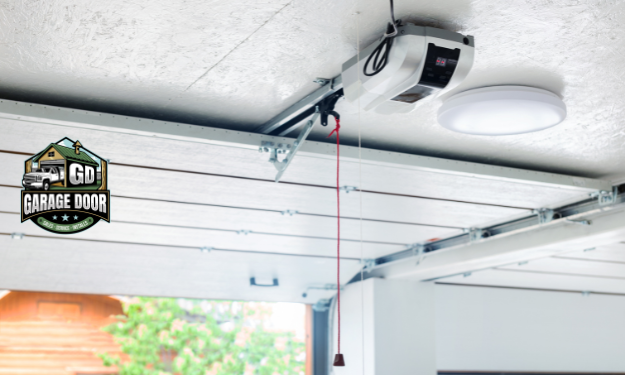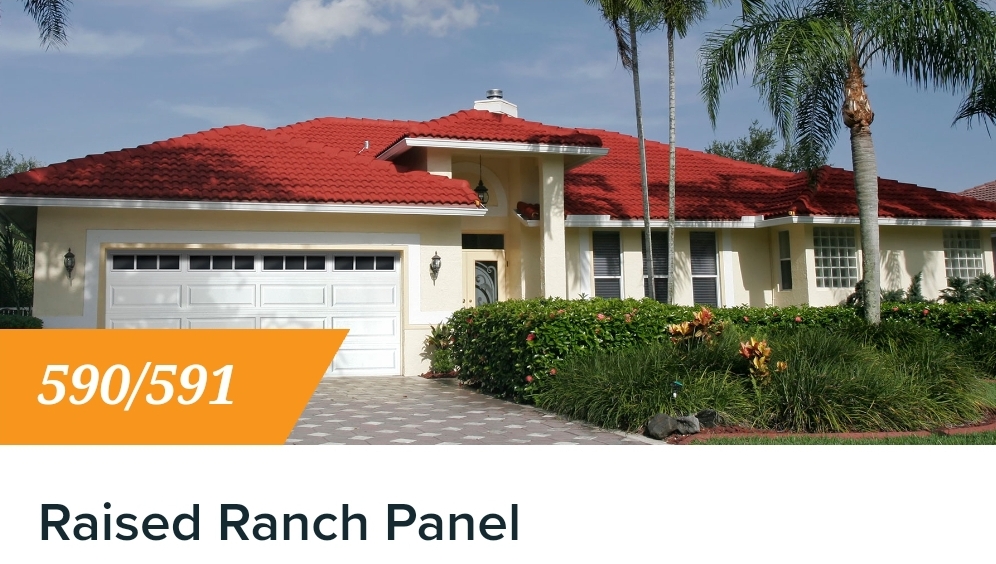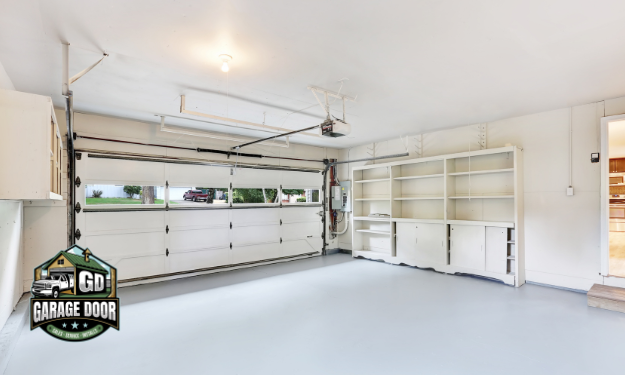Garage Door Repair Cost
Today’s companies demonstrate environmental values around sustainability and community-based services, like recycling packaging debris from installations while properly disposing worn parts and insulation.
Garage Door Panel Replacement - Environmental Impact: Eco-friendly materials, recycling old doors, energy-efficient models.
- Safety Features: Auto-reverse mechanism, manual release, rolling codes for remotes, motion detectors, tamper-resistant brackets.
- Garage Door Types: Sectional doors, roll-up doors, slide to the side doors, side-hinged doors, tilt-up canopy doors, tilt-up retractable doors.
- Residential vs. commercial services, servicing The Twin Cities, MN metro area.



